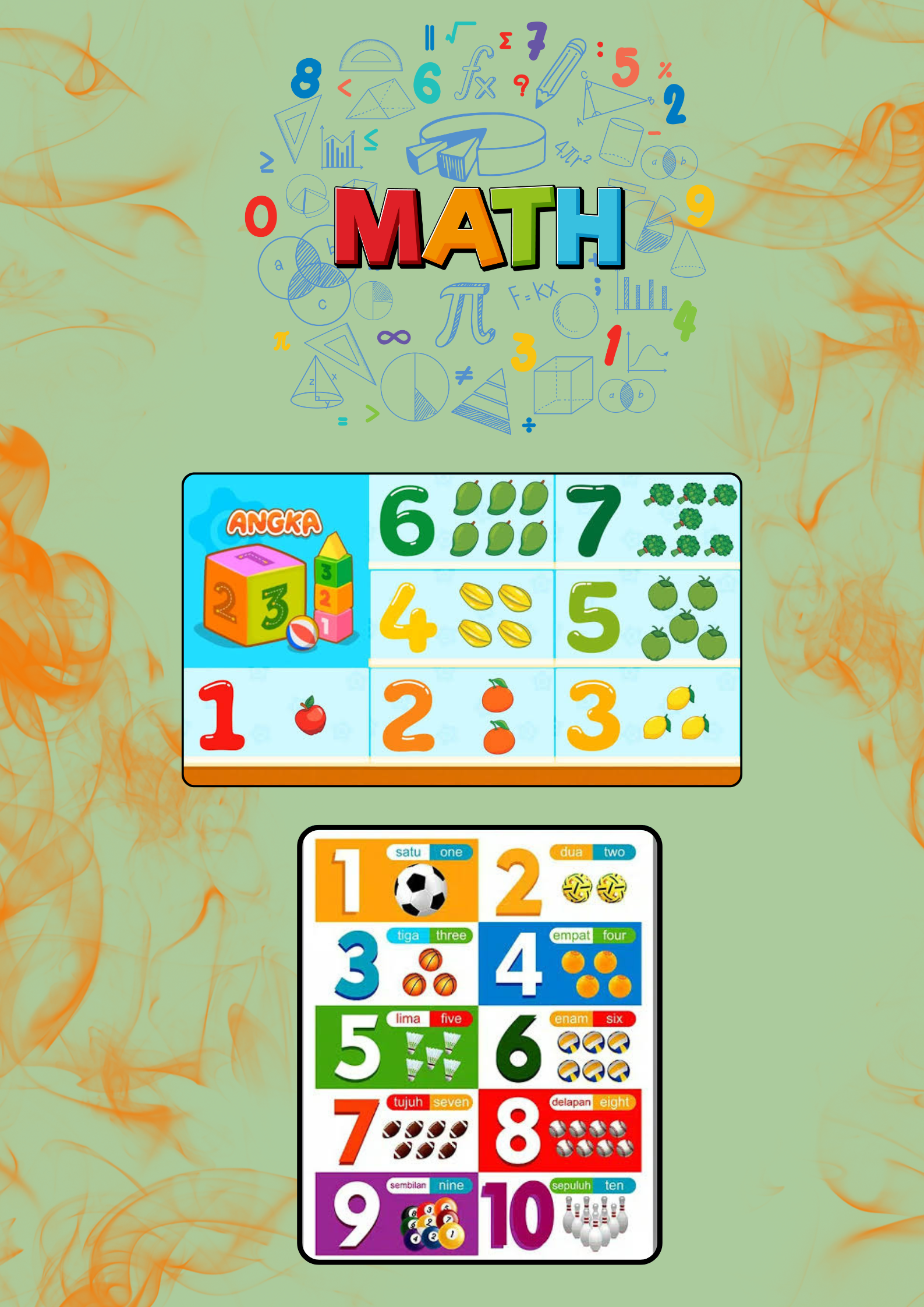Teachers' Efforts in Introducing Numbers to Children Aged 5-6 Years through Number Trees
Abstract
This study examines the teacher's efforts in introducing numbers to children aged 5-6 years using number trees to early childhood. This research is interesting to discuss because the teacher's efforts are important in developing early childhood abilities with the challenges of children's different abilities. This study aims to see the teacher's efforts in introducing numbers to children aged 5-6 years using a number tree at RA Miftahul Jannah Bandar Mataram. The benefit of this research is to add insight and knowledge about the teacher's efforts in introducing numbers to children aged 5-6 years using a number tree. This research is a type of qualitative research using 3 data collection techniques, namely, observation, interviews and documentation. This research data was taken from class teachers and children aged 5-6 years at RA Miftahul Jannah. The results of this study are that the teacher has tried to introduce numbers to children aged 5-6 years as an implementer of learning at RA Miftahul Jannah using number tree media. The results of the development of the ability to recognize numbers in children aged 5-6 years, namely children aged 5-6 years at RA Miftahul Jannah are developing as expected.
Keywords: Teacher Efforts, Number Tree, Cognitive Development


This work is licensed under a Creative Commons Attribution-ShareAlike 4.0 International License.





